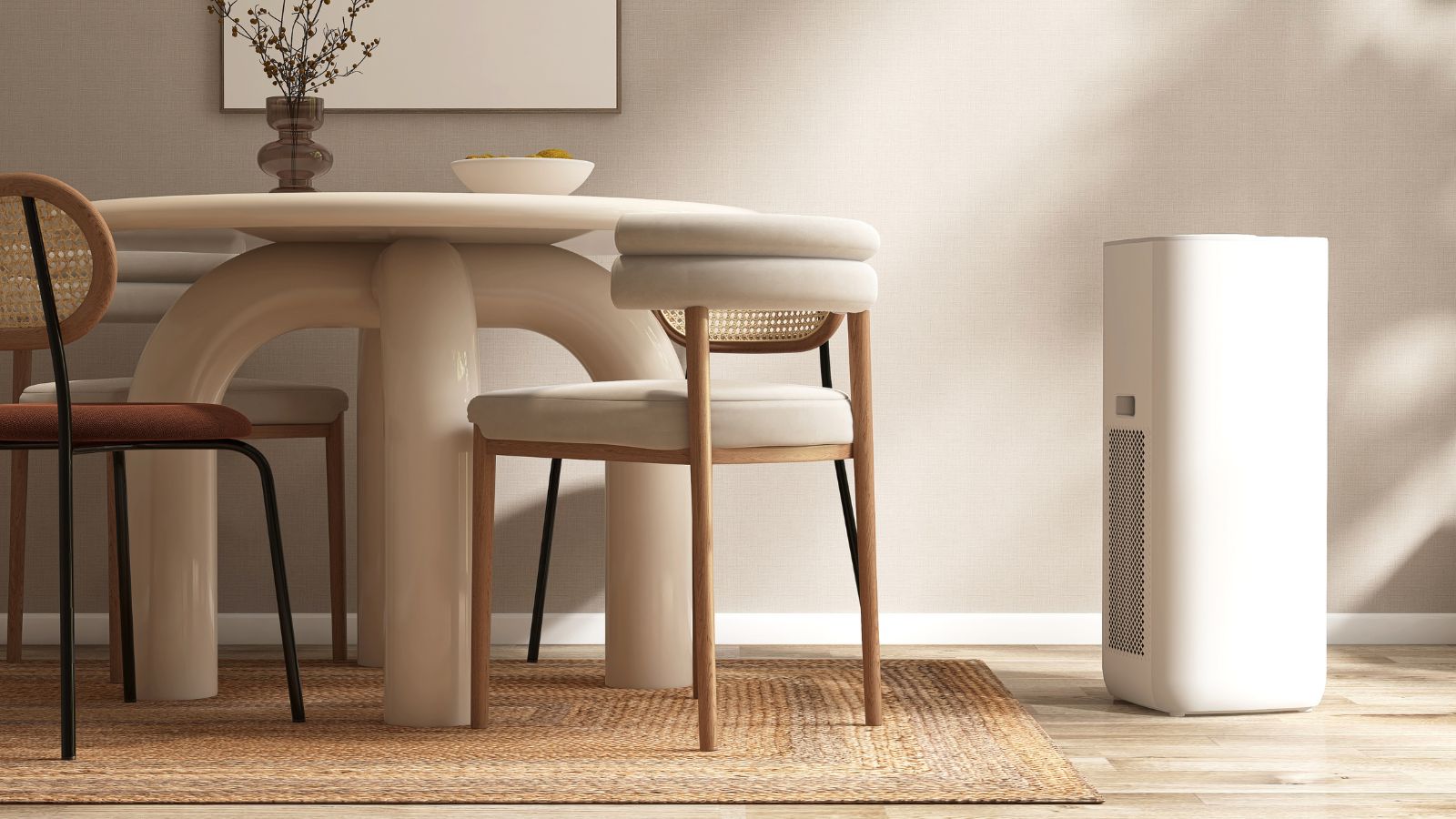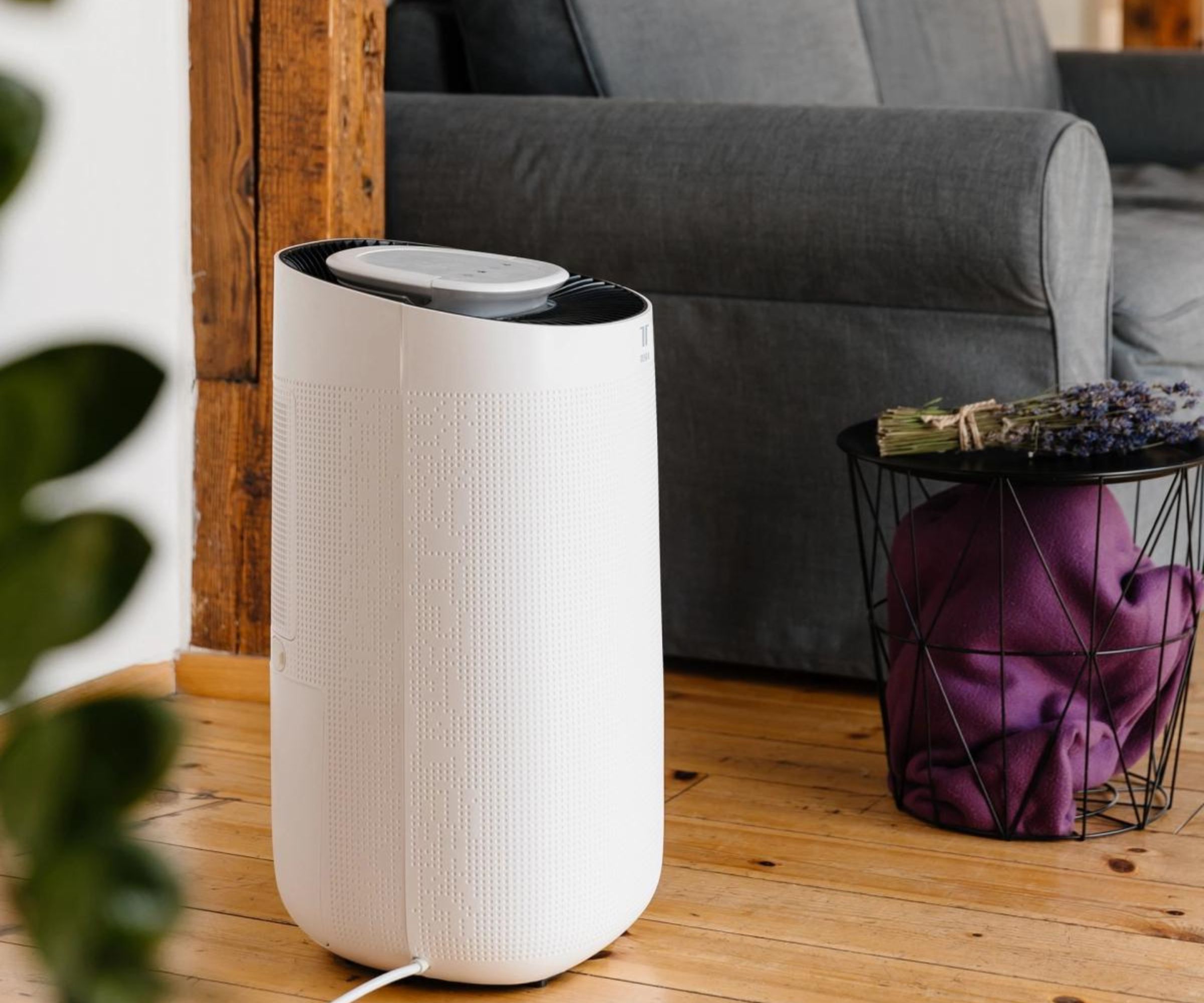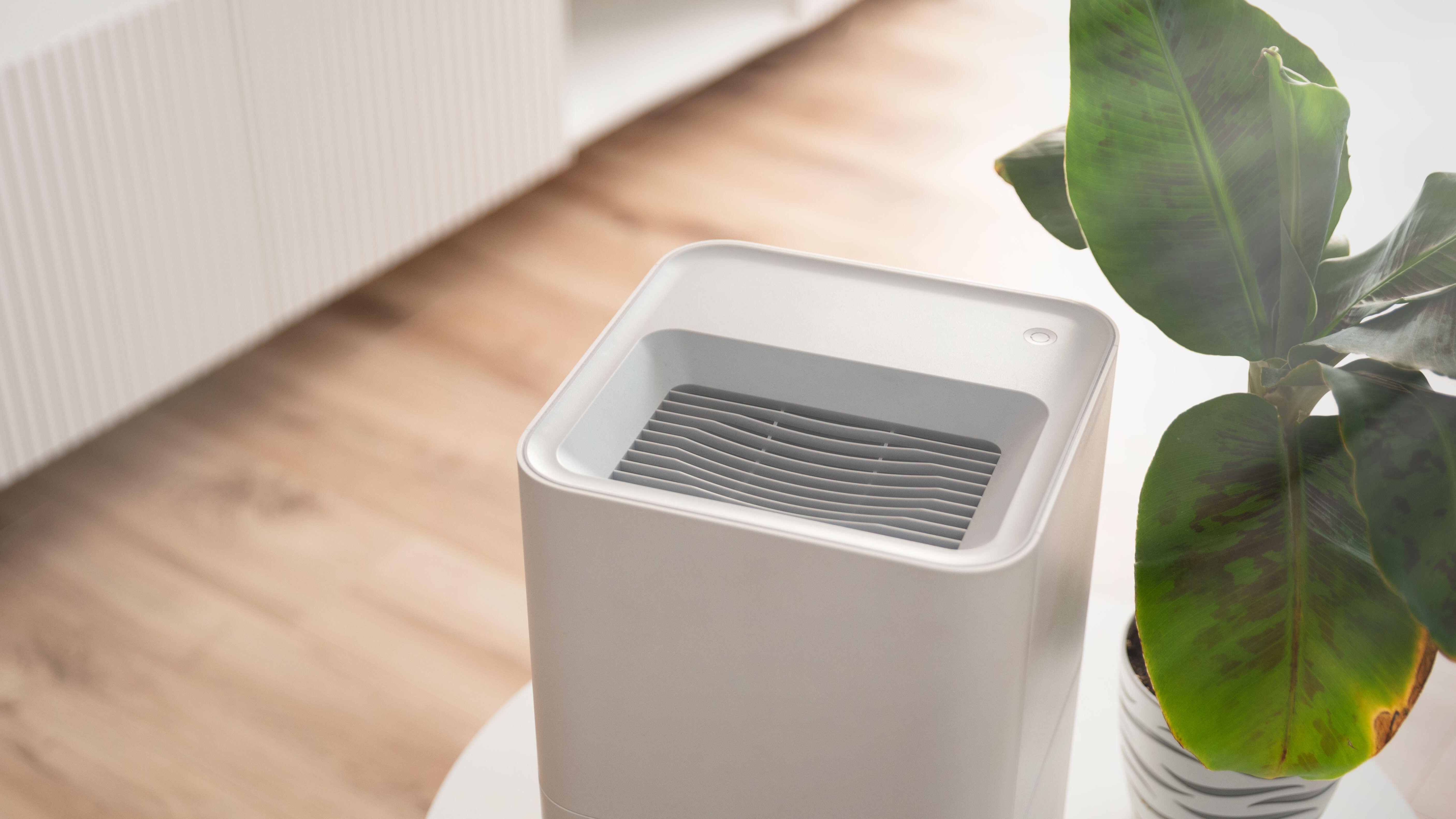
Good indoor air quality is vital for our health and comfort, and both dehumidifiers and humidifiers play a big role. But what exactly do they do, and when do you need one?
The best dehumidifiers and humidifiers manage the moisture levels (humidity) in our homes, and they do this for our health and comfort, and to protect the home itself.
Understanding how they work, their differences and their benefits will help to inform whether your home needs one. And although the appliances work in opposite ways, it can often be beneficial to own both.
Read on for all the information you need when comparing humidifiers and dehumidifiers, with help from the experts.
Humidifiers vs dehumidifiers
Here, we dive into how humidifiers and dehumidifiers work, what they do, the differences between them, and the benefits of each.

Humidifiers vs dehumidifiers: What's the difference?
Dehumidifiers and humidifiers serve opposite functions in managing indoor air moisture. Humidifiers add moisture to the air, while dehumidifiers remove it.
Humidifiers increase the humidity in a room by releasing water vapor or steam into the air. They are particularly useful in dry climates or during winter months when indoor heating can significantly reduce humidity levels.
Brad Roberson, president of Aire Serv, explains: 'Humidifiers are used to combat dry air in homes. With proper humidification, homeowners can reduce the occurrence of allergens. Reducing the allergens in the home makes the air easier to breathe.'
On the other hand, dehumidifiers remove moisture from the air, making them ideal for humid climates or homes prone to dampness.
According to Dr. Iyengar, an allergist-immunologist at Allermi, “humid environments encourage allergens like mold spores or dust mites to flourish, so a dehumidifier helps maintain a drier environment that inhibits mold spores and dust mites.”
They work in different ways, too. Humidifiers have water reservoirs that the owner will periodically fill up so that the humidifier can turn into vapor. Dehumidifiers, on the other hand, use fans to remove moisture from the air and then condense it into water. The water fills the reservoir which must then be emptied by the owner.
Roberson and Dr. Iyengar agree that owning both can be beneficial, especially if you live in an area with humid summers and dry winters. This ensures you can maintain an optimal indoor environment year-round.

The benefits of humidifiers
Humidifiers provide significant benefits for your health, comfort, and quality of life at home, especially in dry conditions.
Alleviate dry skin and irritation
Brad Roberson explains how 'humidifiers help with dry skin and allergy symptoms.' A lack of moisture in the air can cause dry skin and irritation, while potentially worsening conditions like eczema. So, adding moisture to dry air can be beneficial for your skin.
Ease respiratory symptoms
Humidifiers can relieve symptoms of respiratory conditions by keeping the airways moist. Roberson notes that 'those who suffer from asthma often find it beneficial to use humidifiers because they help keep airways moist, which also helps with dryness in throats.'
Dr. Shuba Iyengar adds: “Moist nasal passages are important for warming and filtering the air we breathe in, which helps us protect against viruses, colds, and allergies.”
Prevent dryness-induced discomfort
Air that's too dry can be uncomfortable to breathe in and, if left unmanaged, can lead to poor health. As Dr. Iyengar puts it: “A humidifier can help alleviate the discomforts caused by dry air: nose bleeds, sore throat, chapped lips, dry skin, dry nasal passages.”
Improve sleep
As humidifiers reduce dryness, and improve our breathing conditions, they can therefore enhance sleep quality. Getting a good night's sleep helps our bodies rest, repair and grow, so humidifiers can ultimately improve our general wellbeing.
Protect plants & furniture
Well-managed humidity levels are important for the health of many indoor plants, as well as preventing cracking in certain wooden furniture.
Benefits of dehumidifiers
Similarly, dehumidifiers offer plenty of advantages, particularly in managing indoor air quality and comfort in humid conditions.
Reduce mold & mildew
Excessive humidity promotes mold and mildew growth, which can damage your home and pose health risks. A dehumidifier helps to control this by removing moisture from the air, and maintaining healthy moisture levels.
Roberson notes, “Dehumidifiers help reduce the chances of mold and mildew growth and reduce musty odors in the home. They also help to reduce mold spores and dust mites, improving indoor air quality.”
Eliminate unwanted odors
High humidity often leads to musty smells, particularly in basements or closed spaces. Dehumidifiers help eliminate these odors by reducing the moisture that causes them.
Improve air quality & dust allergies
By reducing humidity, dehumidifiers limit the presence of dust mites and mold spores, leading to better indoor air quality. Roberson highlights, “They also help to reduce mold spores and dust mites, improving indoor air quality.”
Dust mites, the microscopic bugs that feed off our skin cells, thrive in moist conditions. They're responsible for dust allergies, so when dehumidifiers make it harder for them to grow, our symptoms can be relieved.
Dry clothes in winter
In winter, when it's not as easy to dry our clothes in the natural, outdoor heat, doing so indoors can take longer. It can also make our homes quite damp, especially in well-insulated homes. Dehumidifiers can dry our laundry quicker while making sure the moisture doesn't spread to other parts of the house.
Both dehumidifiers and humidifiers play vital roles in maintaining optimal indoor air quality. The final piece of the puzzle is one of the best air purifiers, to remove harmful pollutants from our air, and even one of the best fans to help to circulate clean air around your home.







